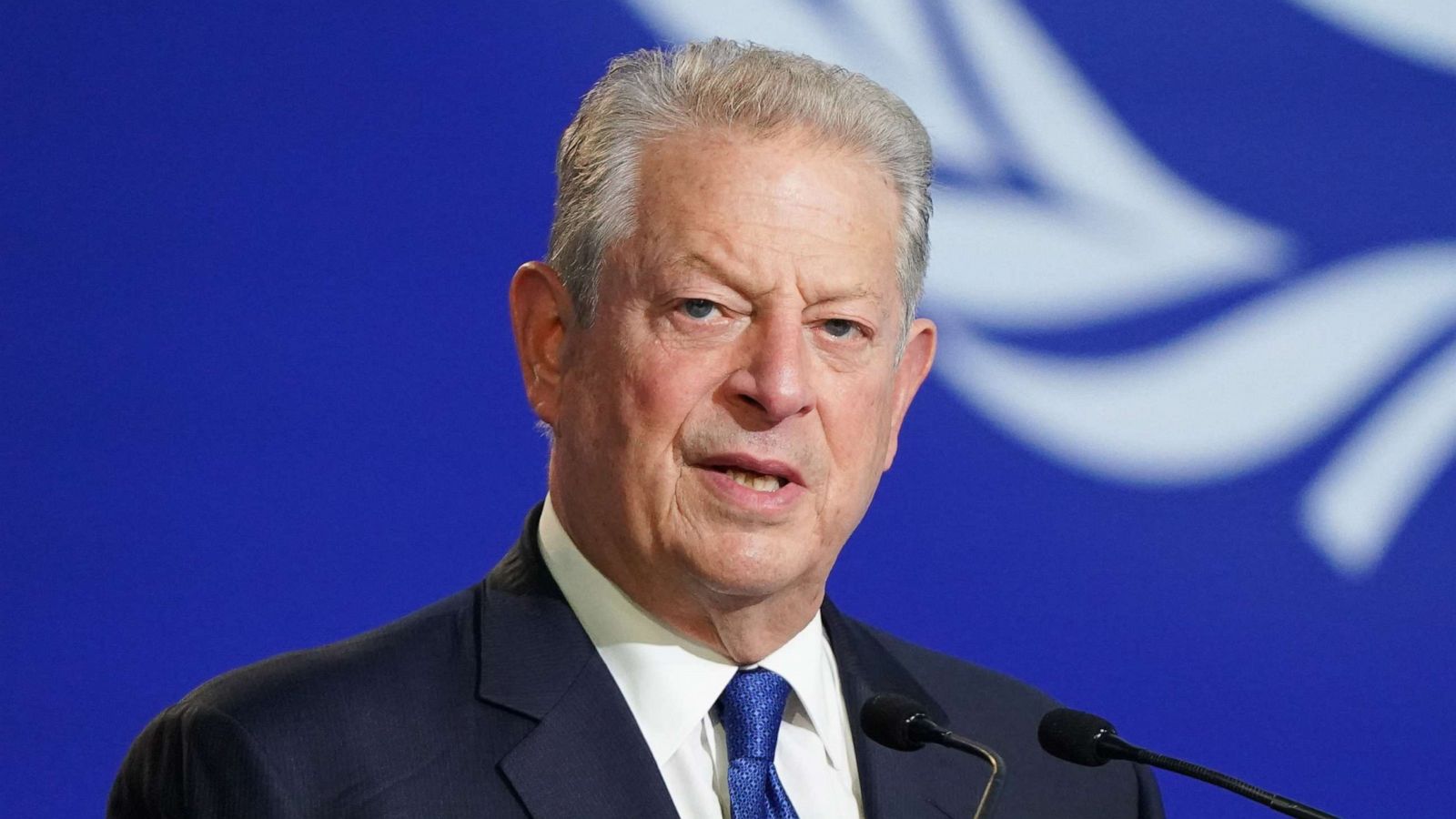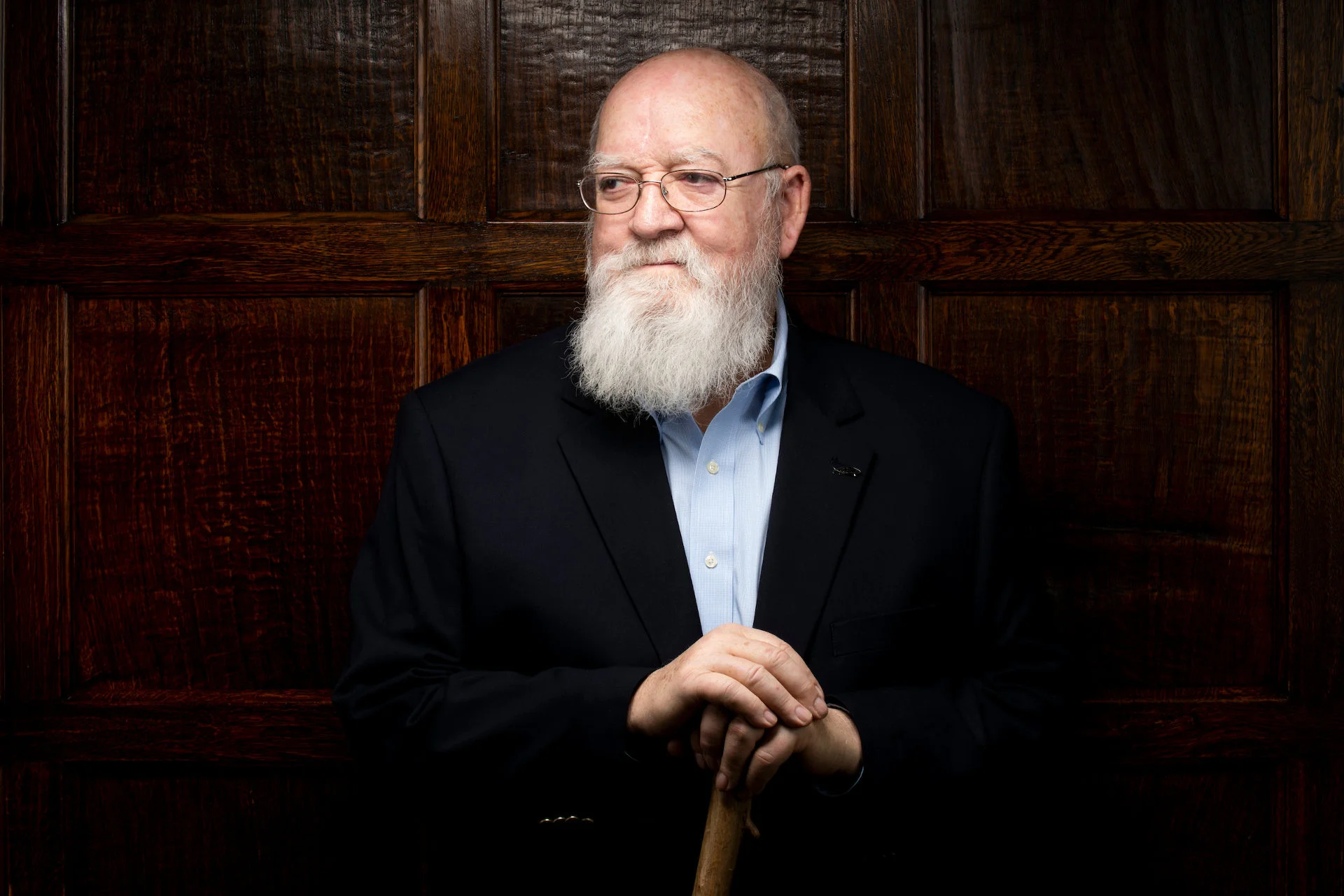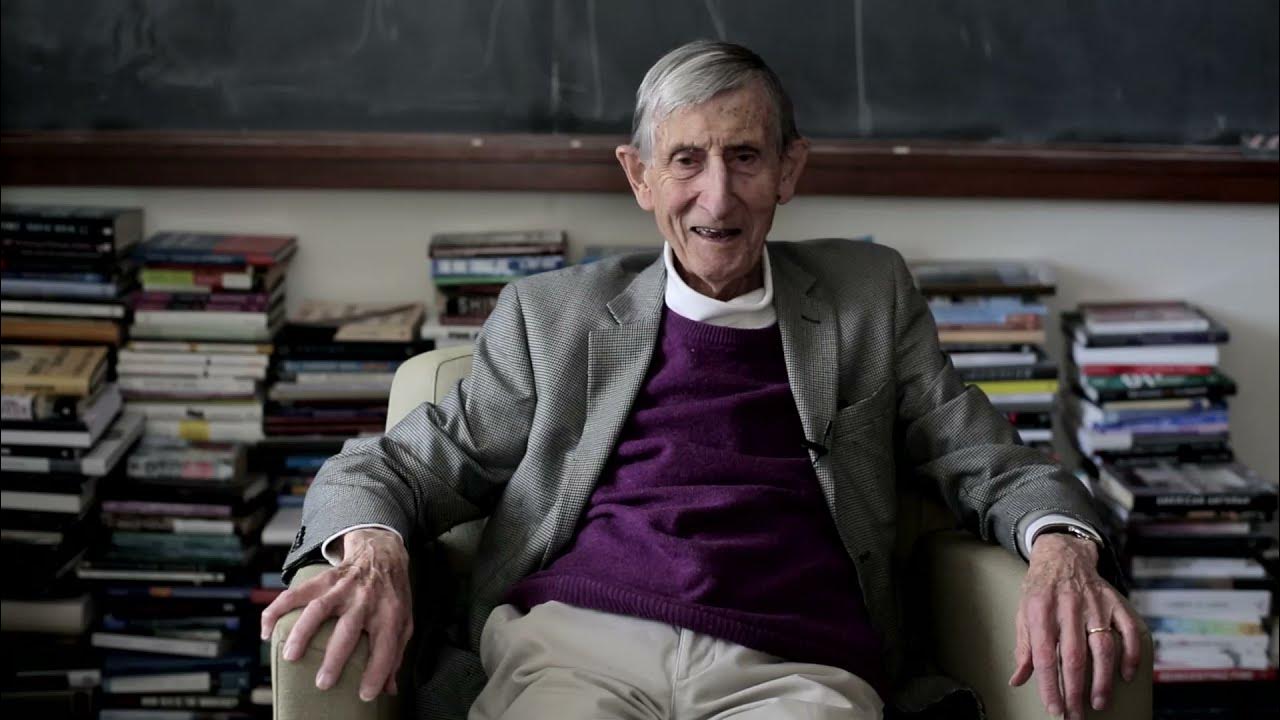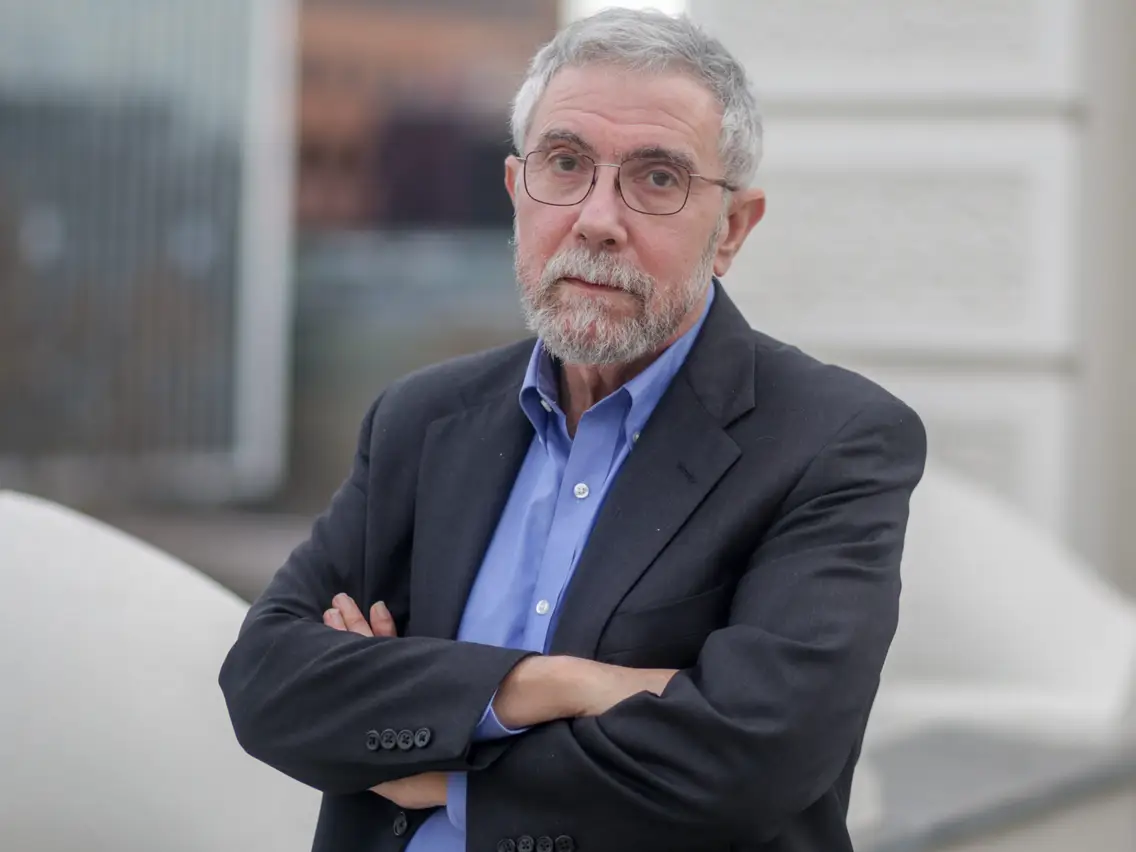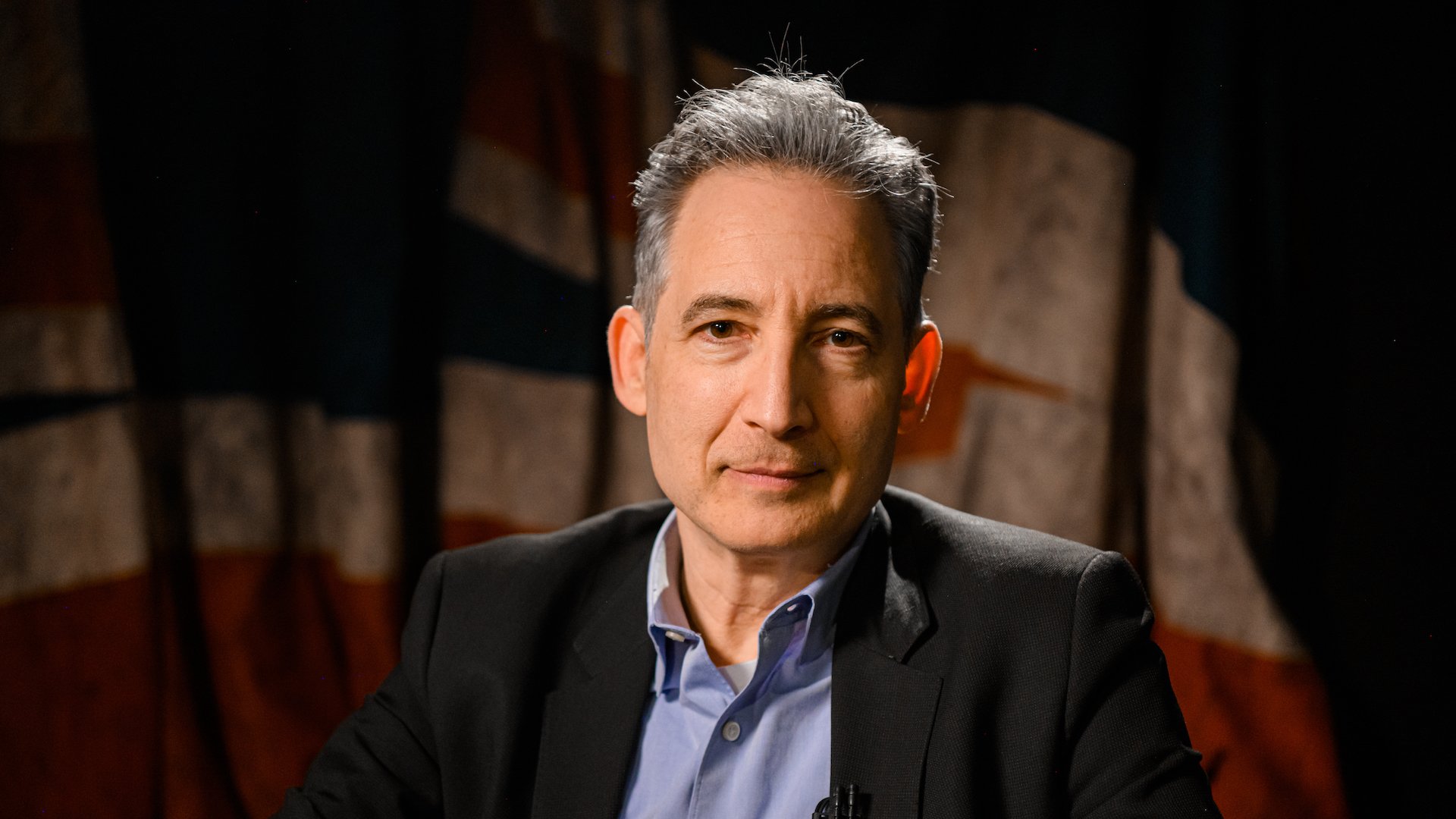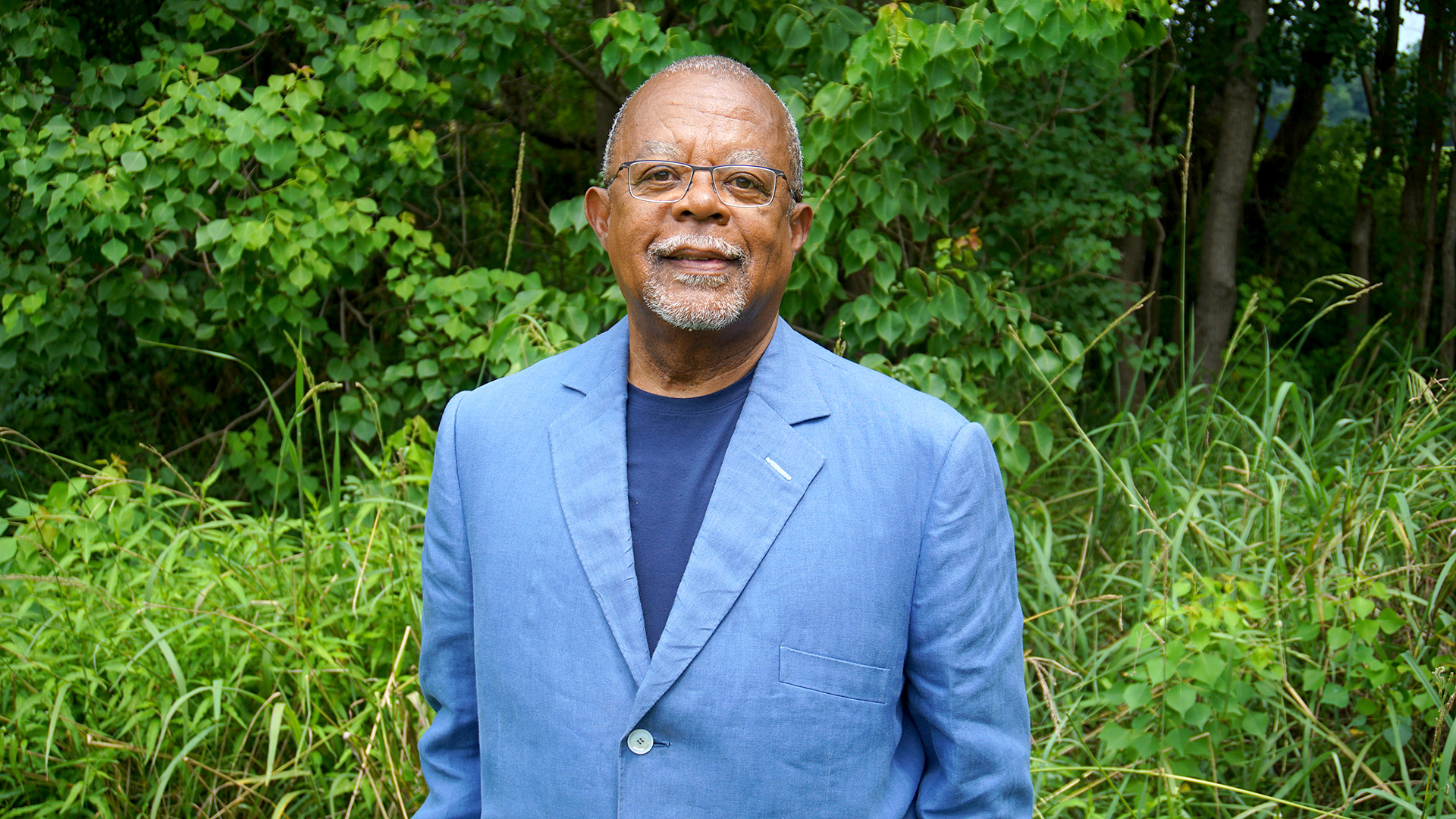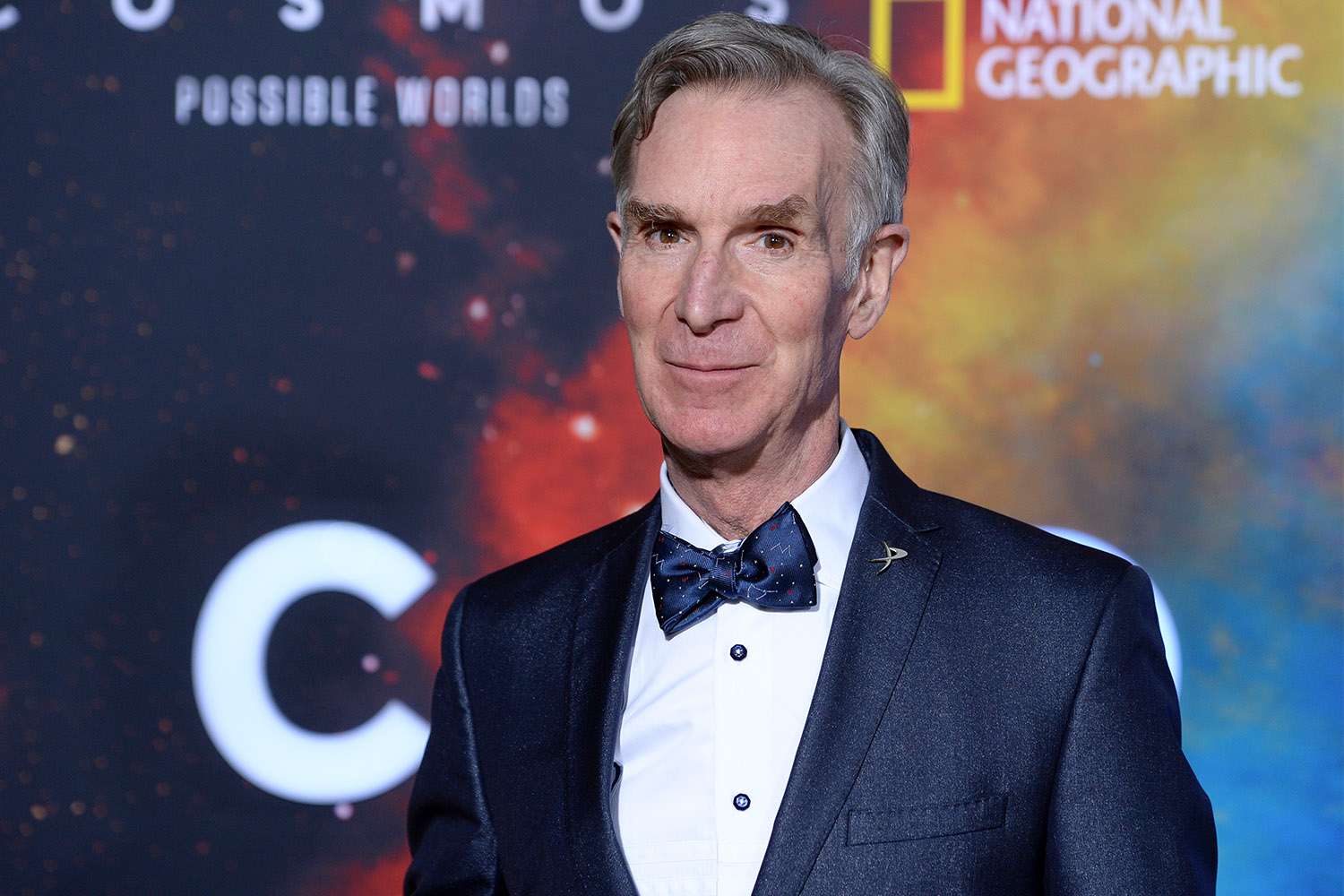
Bill Nye, also known as “Bill Nye the Science Guy,” is an American science communicator, television presenter, and mechanical engineer, born on November 27, 1955, in Washington, D.C. He is best known for his educational television show “Bill Nye the Science Guy,” which aired from 1993 to 1998 and aimed to make science accessible and entertaining for children and young adults. Following the success of his show, Nye continued to advocate for science education through books, public appearances, and other media platforms. His efforts extend into environmental activism, where he emphasizes the importance of science in addressing global challenges. Nye’s engaging approach and enthusiasm for science have made him a popular and influential figure in education and media.
What’s the public’s verdict? Share your thoughts and discuss below!


